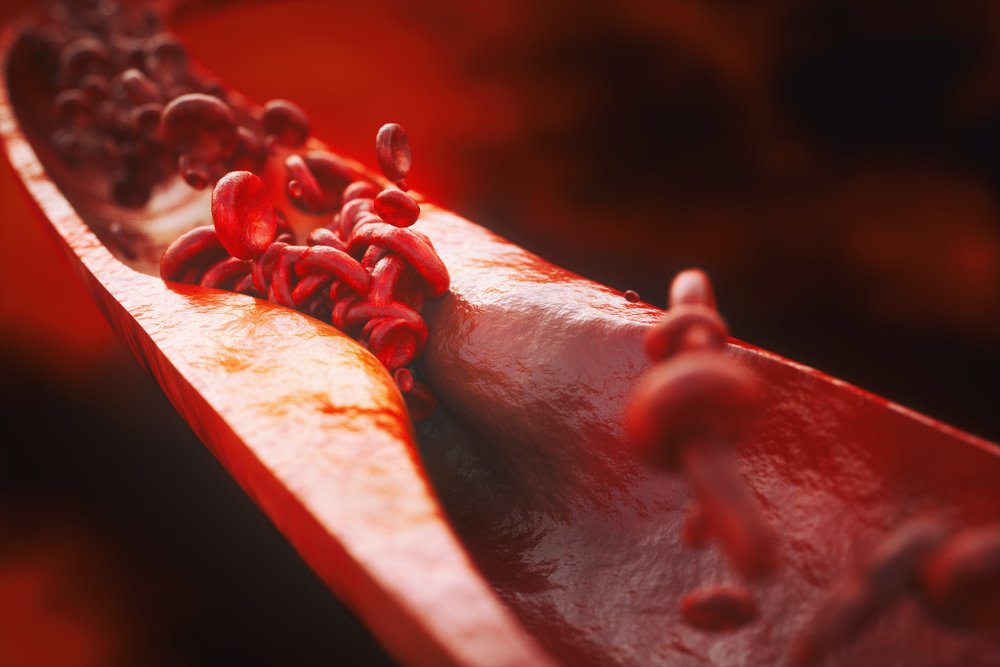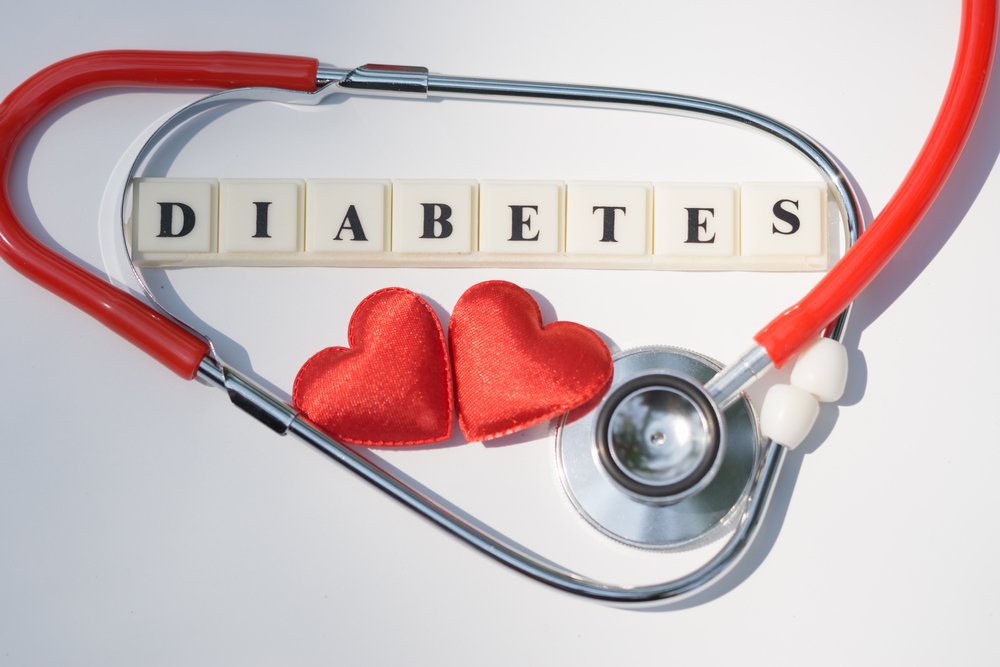by OmegaQuant
A quick recap
A steady stream of studies is clarifying how omega-3s (EPA and DHA) relate to early artery changes long before a heart attack ever occurs. New work in the European Journal of Clinical Nutrition ties low Omega-3 Index values to early signs of coronary artery calcification (CAC)—one of the strongest imaging markers of future heart trouble.
What is CAC—and why it matters
Coronary artery calcification (CAC) is calcium deposited in artery walls as atherosclerosis develops. It’s commonly quantified by CT scan using the Agatston score. Higher scores track with greater risk of cardiovascular events.
The new finding
In 71 patients grouped by CAC severity (≤ vs. > 75th Agatston percentile), researchers found:
-
No differences in age, sex, classic risk factors, or key medications between groups.
-
A significant inverse association between the Omega-3 Index (EPA+DHA in red blood cells) and early CAC, independent of age, sex, statin use, and kidney function.
Bottom line: Lower EPA+DHA status was linked to earlier artery calcification. Larger studies are warranted, but this helps explain how omega-3s might protect the heart at the vessel-wall level.
Aortic calcification: a similar pattern
A complementary multiethnic study of ~1,000 men (ages 40–49) measured aortic calcification by EBCT and again used Agatston scoring. Results showed:
-
EPA+DHA levels inversely associated with aortic calcification,
-
An effect driven more by DHA than EPA,
-
Independent of conventional risk factors.
Why omega-3s could help slow atherosclerosis
Across studies, EPA and DHA appear to:
-
Support endothelial function and vasodilation
-
Exert antioxidant, anti-inflammatory, and antithrombotic actions
-
Stabilize plaques and reduce arterial stiffening
These mechanisms fit with the imaging data: better omega-3 status, healthier vessel walls.
Peripheral artery disease (PAD): lower omega-3 status shows up here too
Because PAD is essentially atherosclerosis of the leg arteries, researchers compared Omega-3 Index levels in 145 PAD patients vs. 34 controls:
-
PAD group: average Omega-3 Index 5%
-
Controls: 6%
-
After adjusting for confounders, levels remained lower in PAD.
-
Each 1-point drop in the Omega-3 Index was linked to a 39% higher odds of having PAD; each additional pack-year of smoking raised odds by 4%.
“Lower inflammatory burden with a higher Omega-3 Index may help explain these results,” noted coauthor Bill Harris, PhD. Trials are needed to test whether boosting EPA/DHA intake can lower PAD risk.
Do supplements help? Updated meta-analyses say: modestly, yes
An updated Cochrane review led by Lee Hooper reported small but statistically significant benefits from long-chain omega-3 supplementation:
-
Cardiovascular mortality: ~8% lower
-
Coronary heart disease events: ~9% lower
A companion analysis found little or no effect on overall cancer incidence, with a very small increase in prostate cancer risk. Translating absolute effects over ~4 years per 1,000 people:
-
3 fewer CHD deaths
-
6 fewer coronary events
-
3 additional prostate cancers
Context matters: Most trials used supplements; fish as a whole food brings additional nutrients (selenium, iodine, vitamin D, protein) and its own set of benefits and sustainability considerations.
What you can do now
1) Know your status
-
The Omega-3 Index (RBC EPA+DHA %) reflects long-term intake.
-
A target of 8–12% is commonly cited for cardiovascular protection.
2) Raise and maintain it
-
Eat fatty fish (e.g., salmon, sardines, herring, mackerel) 2–3×/week.
-
If needed, add an EPA+DHA supplement (fish, krill, or algal oil).
-
Re-test in 3–4 months and adjust.
3) Think big picture
-
Combine omega-3 strategies with proven basics: don’t smoke, manage blood pressure, lipids, and glucose, stay active, and prioritize whole-food eating.
The takeaway
Across CAC, aortic calcification, and PAD data sets, one signal is consistent: lower EPA+DHA status tracks with earlier atherosclerosis. Updated evidence also suggests modest cardiovascular risk reductions from supplementation. Checking—and improving—your Omega-3 Index is a practical, personalized way to support arterial health long before problems surface.




